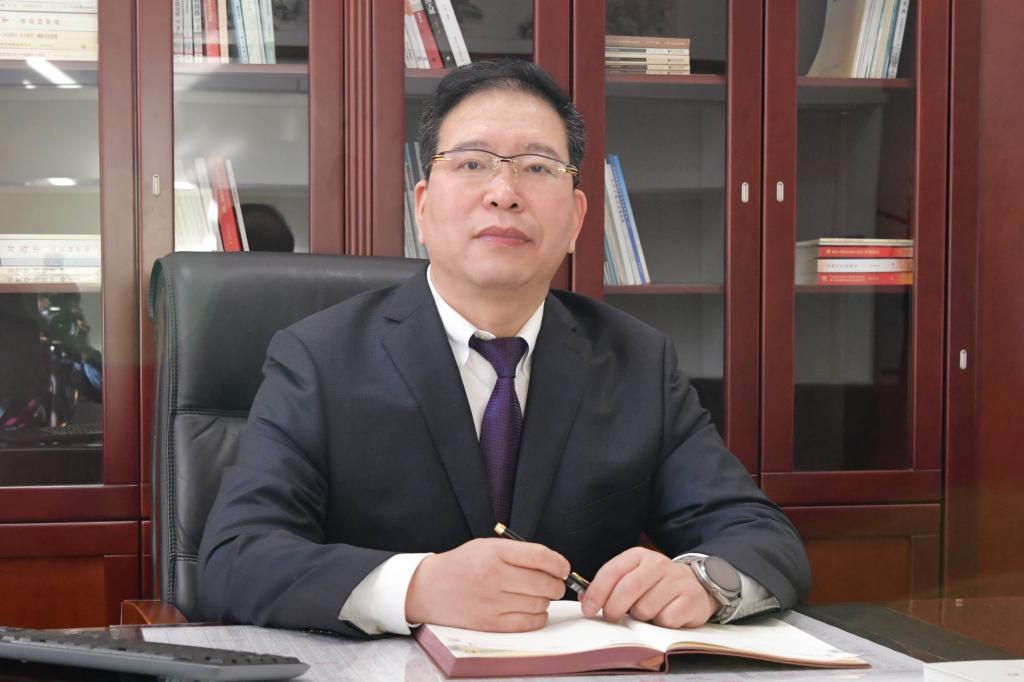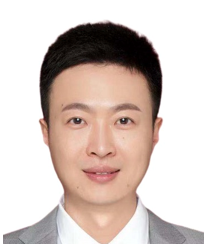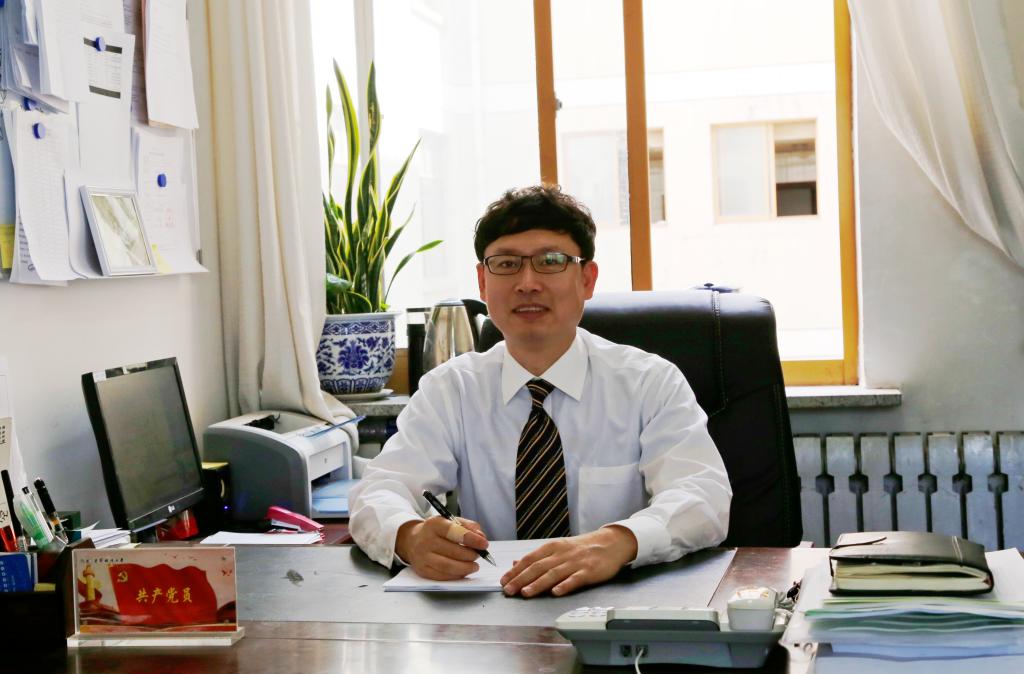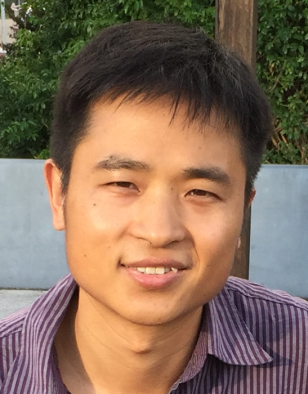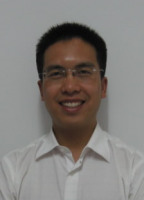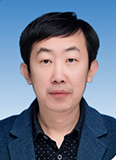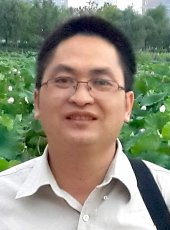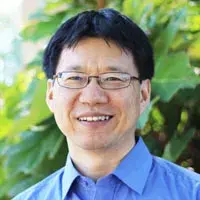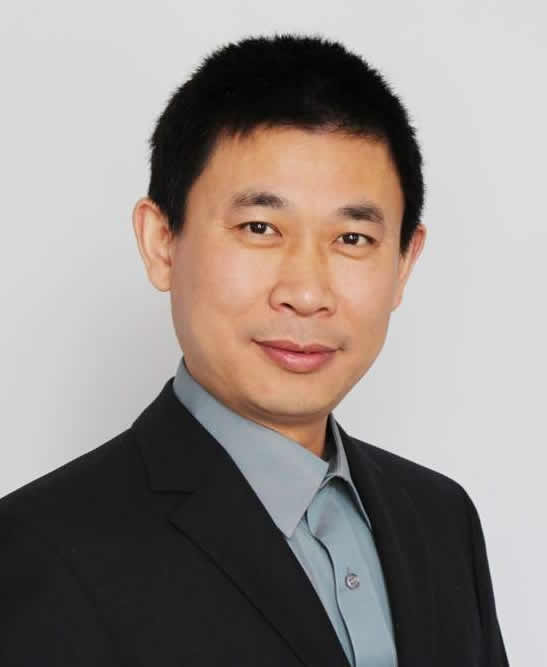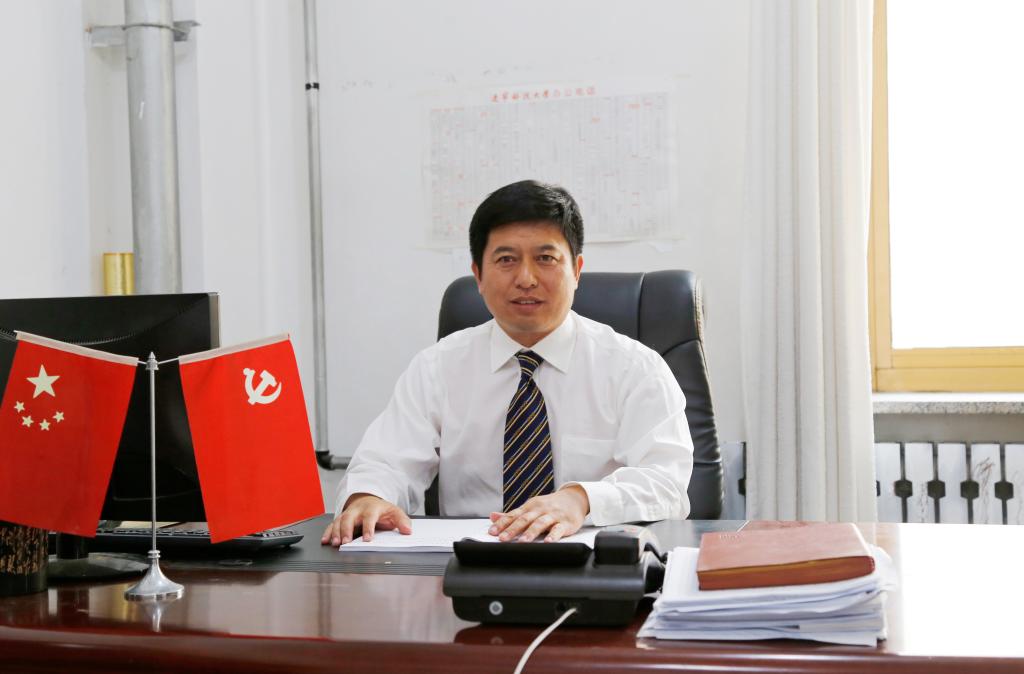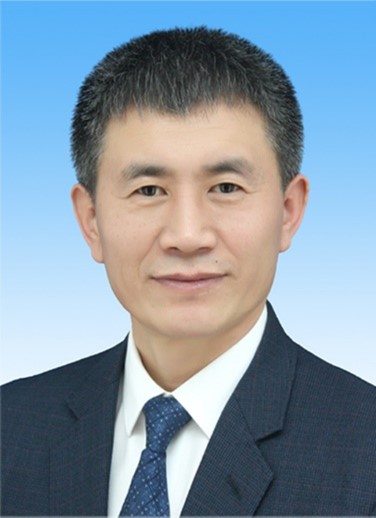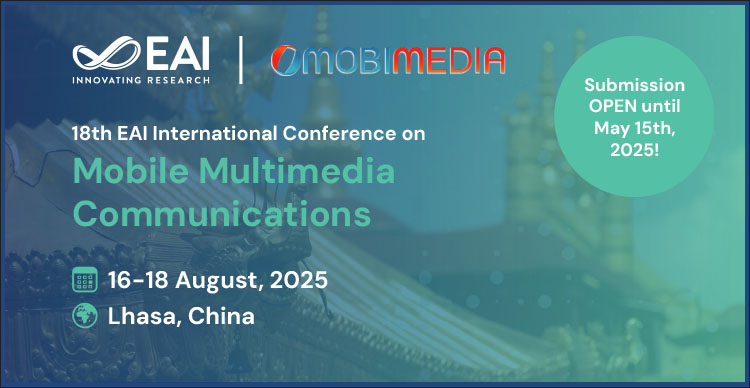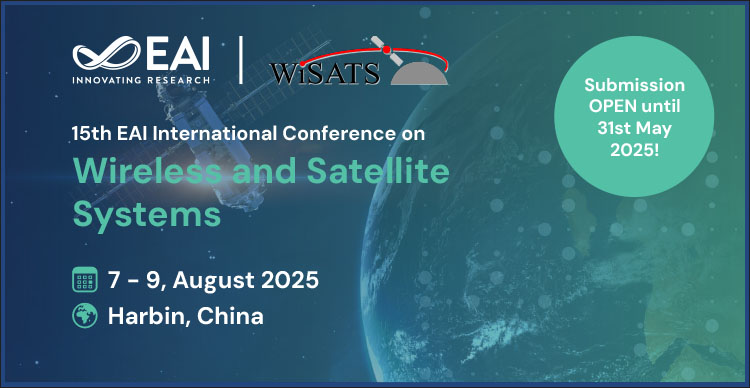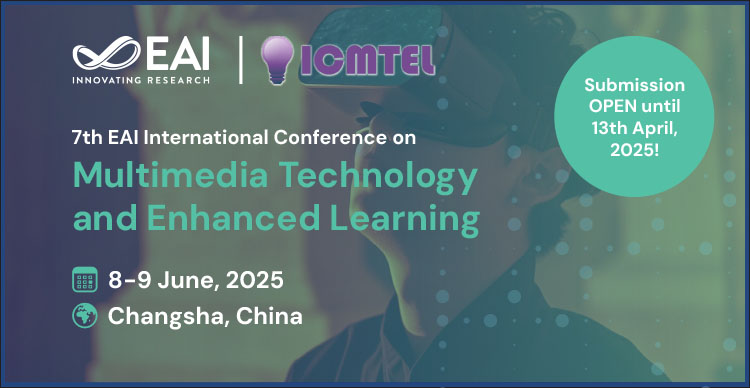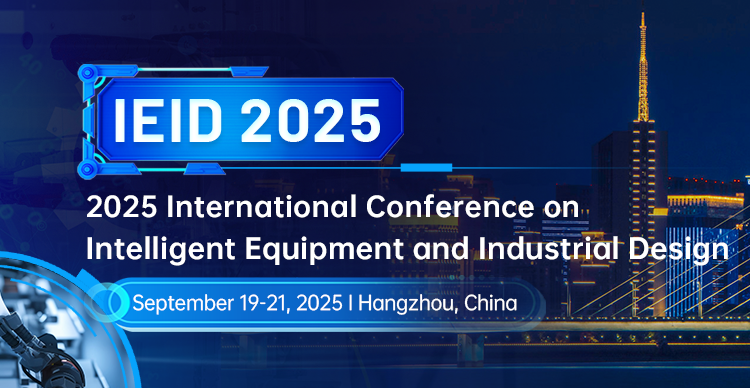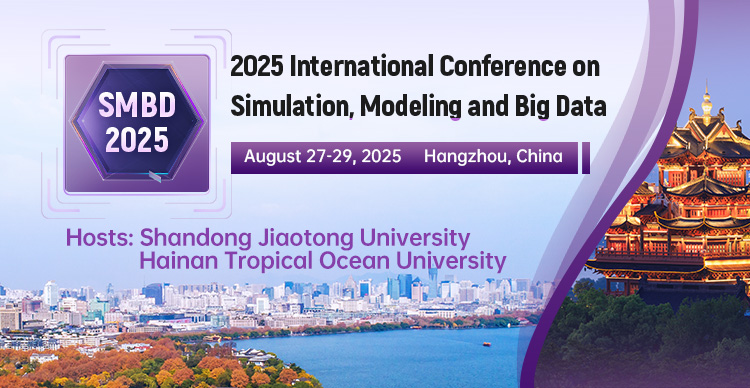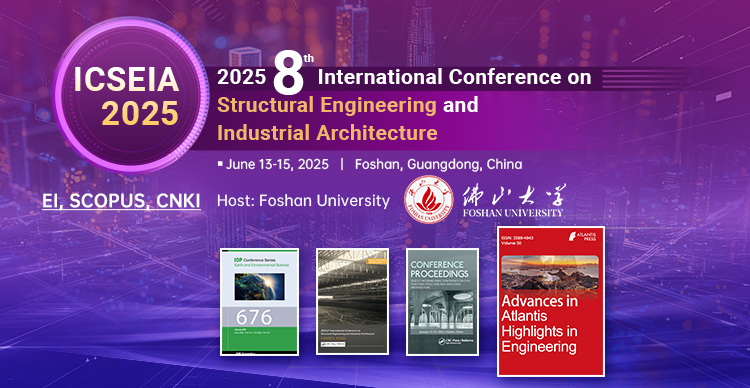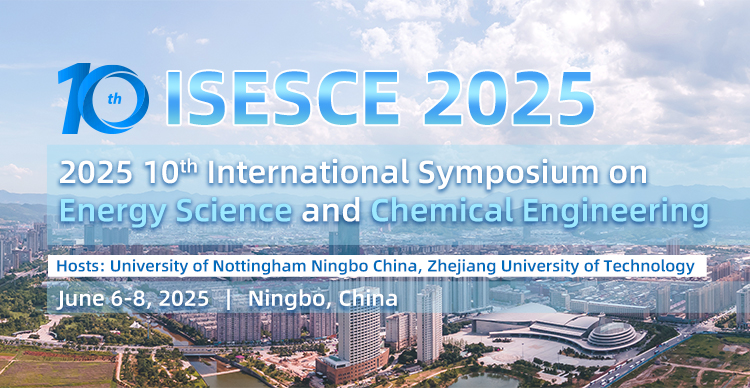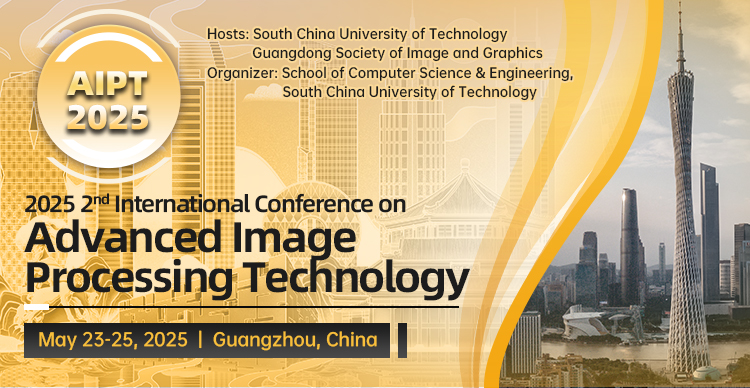Official Websites: https://www.iccpa.org/

The 5th International Conference on Computer Vision and Pattern Analysis (ICCPA 2025) will be held in Anshan, Liaoning, China on May 16-18, 2025.
The final submission deadline:May 9, 2025
 About ICCPA 2025
About ICCPA 2025
ICCPA 2025 brings together scholars, researchers, engineers and entrepreneurs in the field of computer vision and pattern analysis from around the world, aiming to build an important platform to promote academic exchange and sharing of results, and jointly discuss the latest research results and development trends in the field. Be inspired and inspired by the experiences of other researchers to advance the technological development in these fields and deepen academic research.
We warmly welcome experts, scholars and professional and technical personnel engaged in relevant technical research to actively contribute and attend the conference.
 Committee
Committee
| Conference General Chairs | ||
Prof. Jun Hu President of University of Science and Technology Liaoning, China |
Prof. Yang Yue SPIE FellowIEEE/Optica Senior Member Xi'an Jiaotong University, China | |
| Publication Chairs | ||
Prof. Ji Zhao Dean of School of Computer Science and Software Engineering, University of Science and Technology Liaoning, China |
Prof. Tao Lei IEEE Senior Member Shanxi University of Science & Technology, China |
Prof. Chunyi Chen Changchun University of Science and Technology, China |
| Technical Program Committee Chairs | ||
Prof. Qing Ai Vice Dean of School of Computer Science and Software Engineering, University of Science and Technology Liaoning, China |
Prof. Yulin Wang IEEE Senior Member Wuhan University, China |
Prof. Jinshan Tang IEEE Senior Member George Mason University, USA |
Assoc. Prof. Qiang (Shawn) Cheng University of Kentucky, USA |
Assoc. Prof. Guanghui (Richard) Wang IEEE Senior Member Toronto Metropolitan University, Canada | |
| Organizing Committee Chairs | ||
Prof. Runcheng Tao Vice Dean of School of Computer Science and Software Engineering, University of Science and Technology Liaoning, China |
Prof. Yonghui Yang CAA Member/LNSM Member School of Electronic and information Engineering, University of Science and Technology LiaoNing, China | |

| Plenary Speakers | |
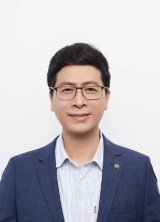 | Prof. Xiangjian He, University of Nottingham Ningbo, China Bio: Professor Xiangjian (Sean) He received his PhD in Computer Science from the University of Technology Sydney in 1999. He is currently the Deputy Head of Computer Science School and the Director of Computer Vision and Intelligent Perception Laboratory at the University of Nottingham Ningbo China (UNNC).He is in list of the 'World Top 2% Scientists' reported by Stanford University in 2022. Speech Title: Segment Any Nuclei in Histopathology |
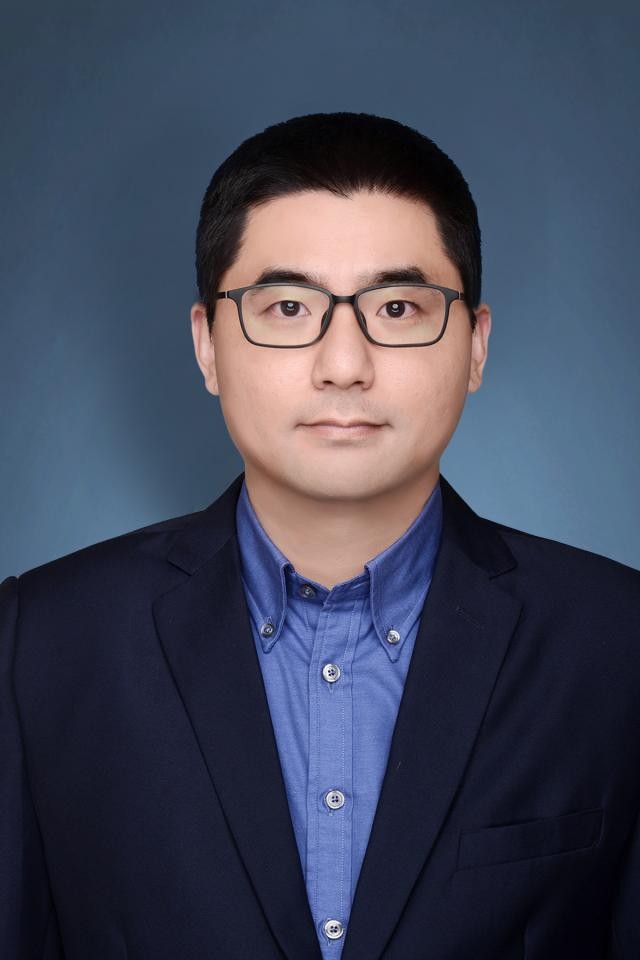 | Prof. Xiangtao Li, Jilin University, China Bio: Dr. Xiangtao Li is a professor at the School of Artificial Intelligence, Jilin University, and a National Young Talent. He was selected as one of MIT Technology Review’s “China Intelligent Computing Innovators” and has been ranked among the top 2% of scientists worldwide for five consecutive years. Speech Title: A new method for the analysis of single-cell chromatin accessibility data: scAGDE |
 | Prof. Zhongbao Zhang, Beijing University of Posts and Telecommunications, China Bio: ZhongbaoZhang is a professor and doctoral supervisor at the School of Computer Science (National Pilot Software Engineering School) at Beijing University of Posts and Telecommunications (BUPT). Speech Title: Abnormal Detection based on Multiple Social Networks Fusion |
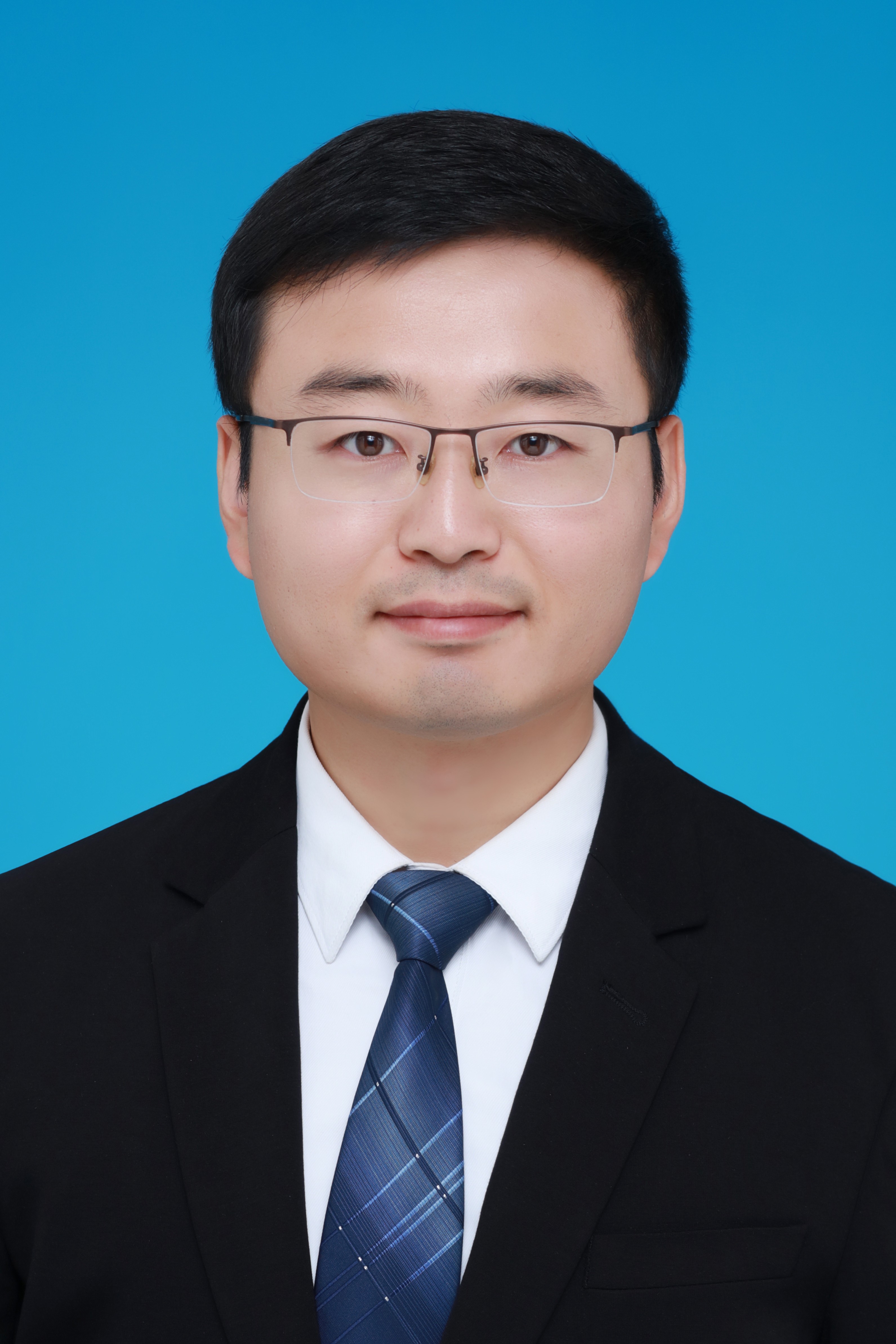 | Prof. Xiulong Liu, Tianjin University, China Bio: Xiulong Liu is a professor, vice dean, in College of Intelligence and Computing, Tianjin University, China. His research interests include human activity recognition, indoor localization, IoT security and privacy, etc. Speech Title: Towards Efficient Edge Intelligence for Multi-Source Sensing |
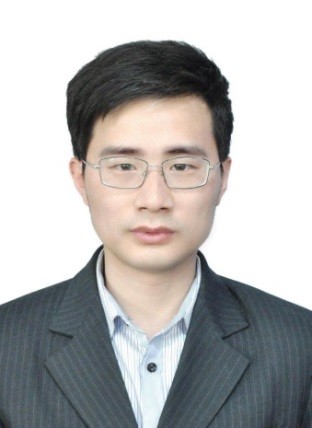 | Prof. Qiang He, Northeastern University, China Bio: Qiang He is a tenured professor and doctoral supervisor at Northeastern University, and a recipient of the Liaoning Provincial Youth Science Fund. He focuses on teaching and research in the fields of cloud computing, computing power networks, and machine learning. Speech Title:Resource Optimization Research for Knowledge-Defined Edge Computing Networks |
| Invited Speakers | |
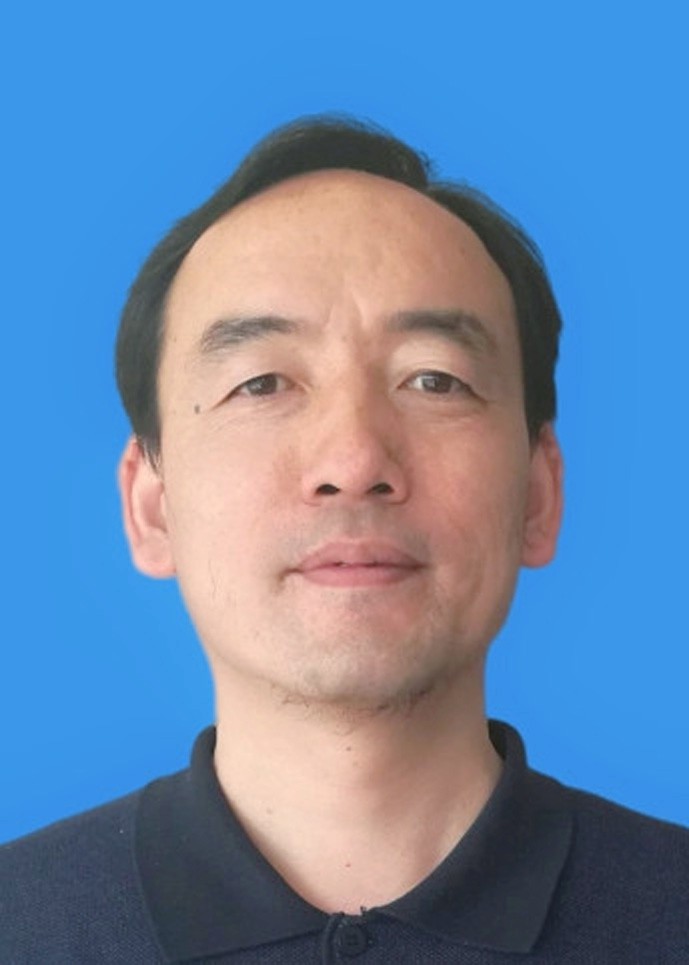 | Professor Maoxiang Chu, University of Science and Technology Liaoning, China Bio: Professor Maoxiang Chu is a Ph.D. and doctoral supervisor. He was a visiting scholar at Lakehead University in Canada and also received the title of Young Backbone Talent from his home institution. He is also a member of CCF, IAENG, CAAI and the Youth Work Committee of CAAI. Speech Title:TSAFM-Net: template-based spatial deformation perception alignment and feature vector matching network for PCB component detection |
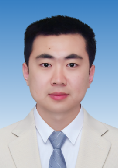 | Professor Qi Zhao, University of Science and Technology Liaoning, China Bio: Qi Zhao received his Bachelor degree and PhD from Wuhan University and Chinese Academy of Sciences in 2005 and 2011, respectively. Since 2011, he has been a faculty member as a lecturer and associate professor in Liaoning University, China. Now he is a full professor in University of Science and Technology Liaoning, China. Speech Title:Prediction of compound molecular properties based on deep learning and feature fusion |
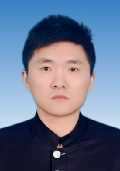 | Associate Professor Ye Tao, University of Science and Technology Liaoning, China Bio: Ye Tao graduated from Northwest Normal University in 2015 with a Master's degree in Engineering. He graduated from Liaoning University of Science and Technology in 2024 with a Doctoral degree in Engineering. Since 2016, he has been a lecturer and associate professor at Liaoning University of Science and Technology. He has published over 80 academic papers. Speech Title:Research on Image Encryption Algorithm Based on Chaos |
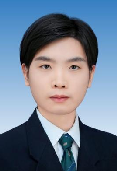 | Associate Professor Honghan Li, University of Science and Technology Liaoning, China Bio: Honghan Li is currently an Associate Professor with the School of Computer Science and Software Engineering, University of Science and Technology Liaoning, Anshan, China. His research interests include biomedical signal processing and machine vision. Speech Title:Biomechanical Measurement Methods Based on Computer Vision |
 Call For Papers
Call For Papers
◕ Track 1: Computer vision and applications
· High resolution photoelectric imaging system
· Multispectral and hyperspectral imaging techniques
· Real-time photoelectric tracking and positioning system
· Advanced Materials and design for photoelectric sensors
· Photoelectric imaging of space and deep ocean
· Applications of photoelectric imaging in robotics
· Quantum optoelectronic technology and quantum imaging
· Nanoscale optoelectronic imaging technology
◕ Track 2: Signal processing and analysis
· Image deep learning processing technology
· Pattern recognition and analysis
· Data fusion and multi-sensor system
· Computational optical imaging and reconstruction
· Image compression and transmission
· Wavefront sensing and correction techniques
· Nonlinear optics signal processing
· Signal Optimization and noise suppression in optoelectronic devices
◕ Track 3: Advanced technology and innovative applications
· Application of lidar technology in photoelectric system
· Photonic crystals are integrated with optoelectronics
· Application of photoelectric technology in imaging
· Remote sensing based on photoelectric technology
· Optoelectronic applications in augmented reality and virtual reality
· Design and control of adaptive photoelectric system
· Applications of optoelectronic technology in unmanned aerial vehicles and autonomous vehicles
· Wearable optoelectronic equipment and systems
 Publication
Publication
All papers submitted to ICCPA 2025 will be reviewed by two or three expert reviewers from the conference committees. After a careful reviewing process, all accepted papers will be published by conference proceedings, and submitted to EI Compendex, Scopus for indexing.
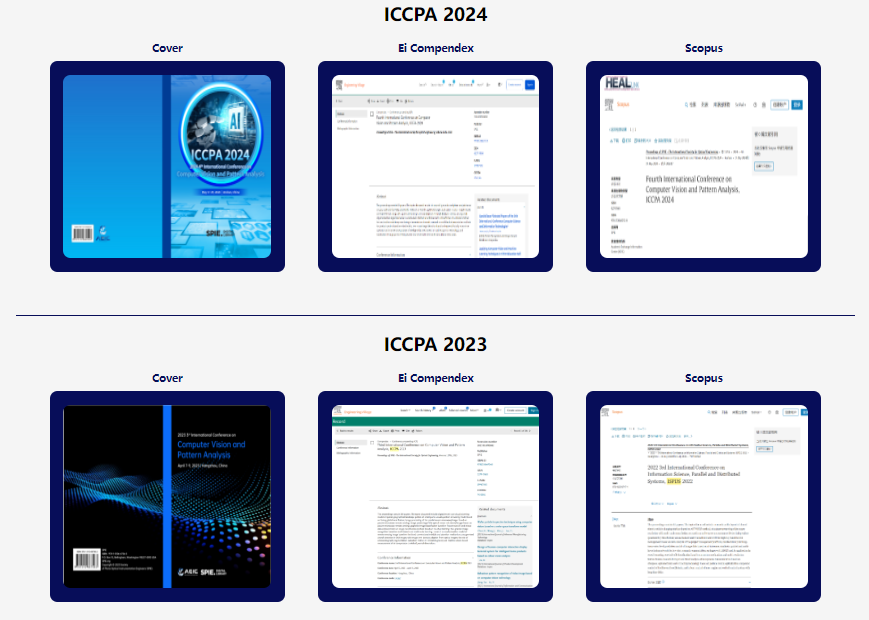
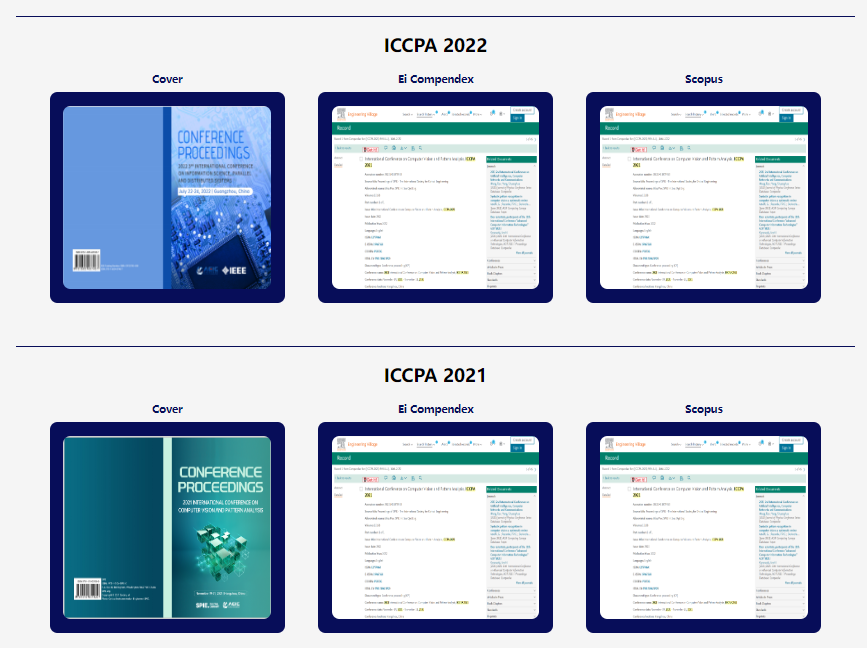
Note:
(1) Both Abstract and Full Paper are welcomed. The author can make an oral presentation after the Abstract is accepted and the payment is made.
(2) All submitted articles should report original research results, experimental or theoretical, not previously published or under consideration for publication elsewhere. Articles submitted to the conference should meet these criteria. We firmly believe that ethical conduct is the most essential virtue of any academics. Hence, any act of plagiarism or other misconduct is totally unacceptable and cannot be tolerated.
 Publication
Publication

All papers submitted to ICCPA 2025 will be reviewed by two or three expert reviewers from the conference committees. After a careful reviewing process, all accepted papers will be published in SPIE - The International Society for Optical Engineering (ISSN: 0277-786X), and submitted to EI Compendex, Scopus for indexing.
 Registration
Registration
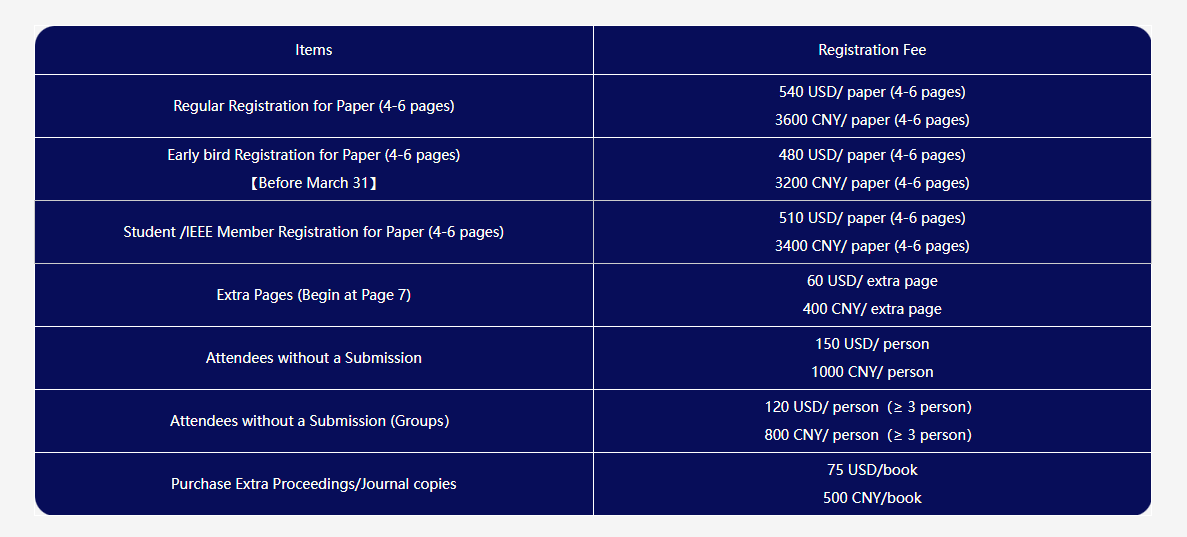
** If you cannot attend the conference due to some reasons, we will post the print proceedings to you together with the payment receipt/Fapiao.
Refunds Policy
If the participants request cancellation and refund due to personal reasons, the following refund policy applies.
* 60 days ahead of the conference: 70% of payment refund
* 30-60 days ahead of the conference: 50% of payment refund
* Within 30 days ahead of the conference: 30% of payment refund
* After conference: no refund
Cancellation and refund request must be made formally by email.
The organizing committees reserves the right to change the dates and place of the conference due to force majeure. Losses thus incurred from the force majeure events shall not be liabled and refunds policy shall not apply as well.
 Supported By
Supported By
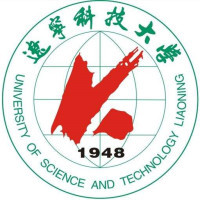

 Contact
Contact
Judy Zhai
(Conference Secretary)

Tel: +86-17512806705 (WeChat)
E-Mail: iccpa_contact@163.com


The Secretary office of ICCPA 2025 will collect contributions and finish daily organizing work.
All paper review process will be completed by Program Committee Member and invited experts.
If you have any questions or comments, please feel free to contact us.




